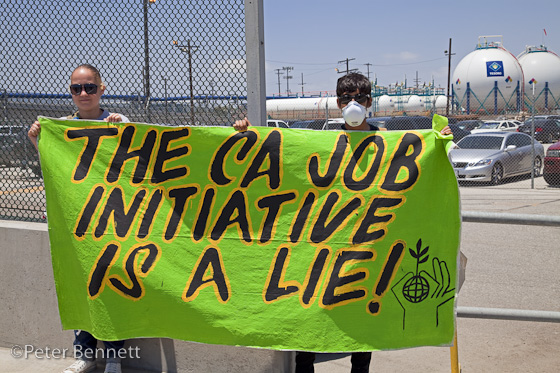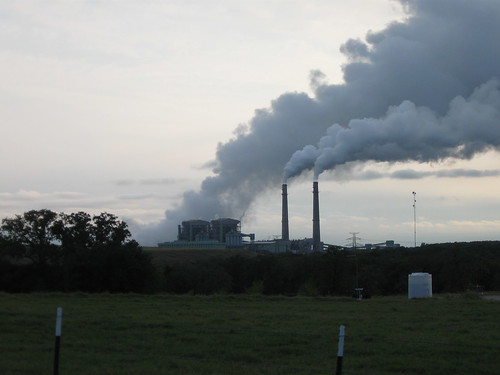Dr. Al Armendariz, a former SMU professor, made his first appearance before a state legislative committee in his new role as Regional 6 Administrator of the U.S. Environmental Protection Agency.
Most of the House Environmental Regulation Committee hearing was taken up with Armendariz’s testimony with the bulk of the discussion about EPA’s decision earlier this year to disallow the state’s controversial flexible permit program that allows some facilities to obtain air permits based on overall emissions instead of having to get permits for each emission source.
The ruling on the program, which is unique to Texas and has been in place since the middle 1990s, sparked a firestorm of criticism from top state leaders followed by a flurry of court action from the state and industry groups seeking its nullification.
The committee’s GOP members (5 Repulicans/4 Democrats) did nearly all the questioning with Armendariz trying to shoot down what he called common misperceptions over the implication of the ruling. Some of those misperceptions included:
- that the 130-plus flexible permit holders would be on the hook for millions of dollars in plant renovations
- that federal regulators would use the de-flex process as a fishing license to comb through companies’ records in search of minor violations, and
- that companies that came forward to voluntarily de-flex would open themselves up for civil litigation from activist groups.
Armendariz tried to reassure skeptical Republican lawmakers that his agency is not on a witch hunt and reminded the committee that the warnings about Texas’ flexible permit plan were first sounded in 2007, when Texan George W. Bush was in the White House and one of former President Bush’s local allies, former Arlington Mayor Richard Greene, was the EPA regional administrator who warned all flexible permit holders at the time that changes to the program were coming.
Armendariz was followed by TCEQ Chairman Bryan Shaw, a Perry appointee who stoutly defended the flexible permit program as being both legal under the Clean Air Act and effective in reducing pollution and ozone levels in Texas.
It is unlikely the testimony given today changed the hearts and minds of any of the committee members. and so the show goes on.
###
By promoting cleaner energy, cleaner government, and cleaner air for all Texans, we hope to provide for a healthy place to live and prosper. We are Public Citizen Texas.

 Tar sands oil makes conventional oil look clean by comparison, as it produces 3.2-4.5 times more the carbon footprint than conventional fuel. If that weren’t bad enough cleaner fuels such as natural gas, which otherwise might be used to generate electricity, are wasted in the process of creating more dirty energy from tar sands. Tar sands oil is a type of bitumen deposited in a semi solid form whose extraction is an extremely energy intensive project. For every third barrel of oil extracted one has effectively been consumed by the process. The process of tar sands oil extraction has left vast tracts of land barren with little vegetation as it is strip mined; while only 10%, of what is excavated, is oil. While some water is recyclable, the remaining toxic water is diverted to the euphemistically named “tailing ponds”. There are 2.5-4 barrels of water dumped into these toxic lakes for every barrel of oil extracted. These toxic “ponds” are actually very large; some are even visible from space.
Tar sands oil makes conventional oil look clean by comparison, as it produces 3.2-4.5 times more the carbon footprint than conventional fuel. If that weren’t bad enough cleaner fuels such as natural gas, which otherwise might be used to generate electricity, are wasted in the process of creating more dirty energy from tar sands. Tar sands oil is a type of bitumen deposited in a semi solid form whose extraction is an extremely energy intensive project. For every third barrel of oil extracted one has effectively been consumed by the process. The process of tar sands oil extraction has left vast tracts of land barren with little vegetation as it is strip mined; while only 10%, of what is excavated, is oil. While some water is recyclable, the remaining toxic water is diverted to the euphemistically named “tailing ponds”. There are 2.5-4 barrels of water dumped into these toxic lakes for every barrel of oil extracted. These toxic “ponds” are actually very large; some are even visible from space.








